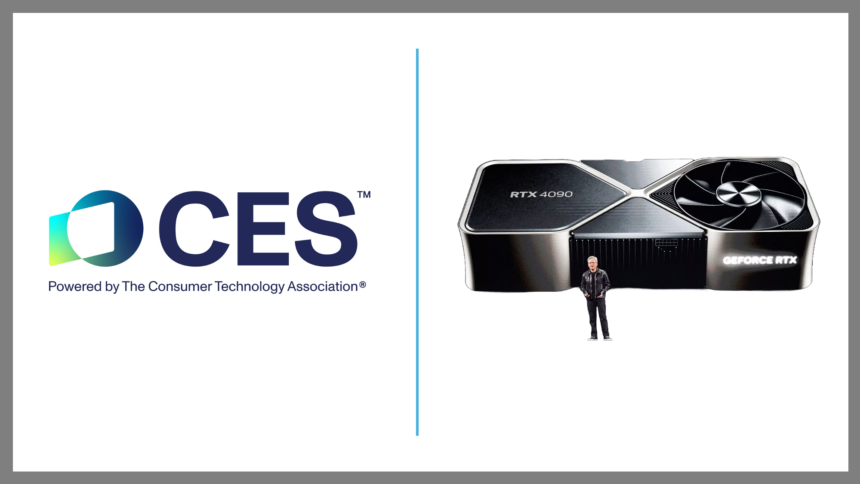At CES 2025, Nvidia is proving it’s not just sitting back and basking in its AI and gaming success. The tech giant is unveiling new developments that not only push the limits of AI but also set the stage for future gaming and computing breakthroughs. From new graphics cards to bold predictions about quantum computing, Nvidia is again making its mark. Let’s explore what Nvidia’s latest announcements mean for the tech world.
What’s Happening & Why This Matters
RTX 50 Series: A New Era for Gaming Graphics
Nvidia has been the king of gaming graphics for years and shows no signs of slowing down. At CES, the company revealed the upcoming GeForce RTX 50-series GPUs, which include the RTX 5090, 5080, and 5070 models. These new cards come packed with insane power, offering gamers and professionals more CUDA cores, faster clock speeds, and support for PCIe 5.0.
The RTX 5090, with 21,760 CUDA cores and 32GB of GDDR7 memory, is a monster for AI and gaming applications. But it comes with a hefty price tag of $1,999. For gamers, the RTX 5080 might be the sweet spot, offering more than enough power at a more reasonable price. It boasts 10,752 CUDA cores and faster memory bandwidth, making it a solid option for enthusiasts who want high-end performance without breaking the bank.

The RTX 50 series stands out for its significant boost in AI processing capabilities. While gamers love the graphics power, professionals using AI-driven software and simulations will appreciate the increased performance. Whether for gaming or business, these GPUs are built to handle the most demanding tasks.
Nvidia’s New Vision for Quantum Computing
While quantum computing has been the subject of much hype, Nvidia CEO Jensen Huang takes a more grounded approach. At CES, Huang suggested that quantum computers might take until 2045 to become truly useful. While this is a bit of a downer for those eagerly waiting for quantum breakthroughs, it’s a realistic view, given the current challenges of quantum error correction.
Even so, Nvidia is not entirely disengaged from the quantum space. As the tech develops, Nvidia will likely play a key role, especially in AI, where quantum computing could offer huge benefits one day. For now, Nvidia focuses on more immediate advancements like its powerful GPUs, which continue to lead the gaming and AI performance industry.
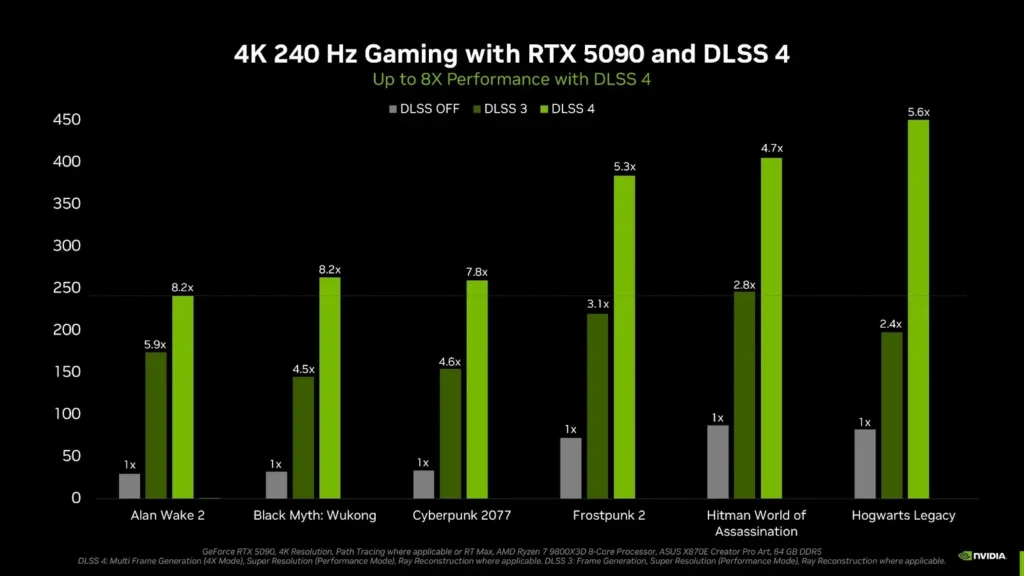
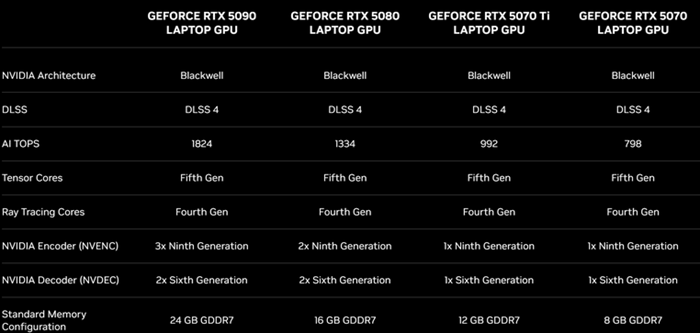
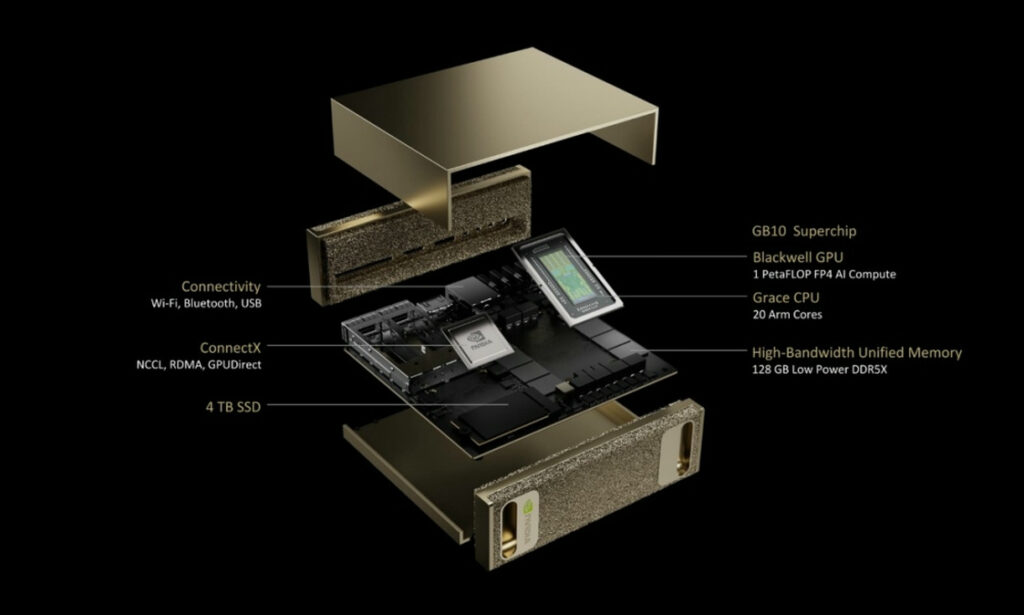
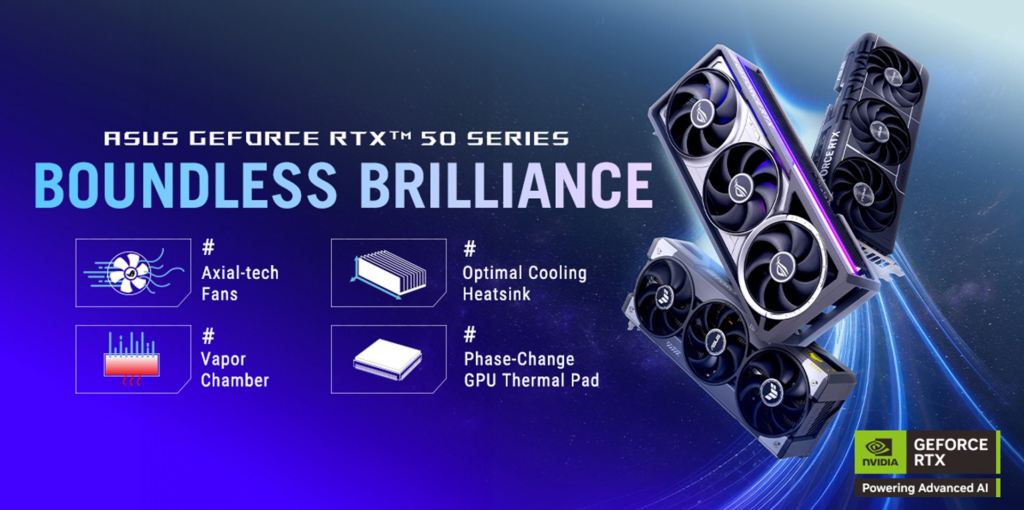
AI, Gaming Come Together with RTX 50
AI has been a hot topic in tech, and Nvidia is ensuring its GPUs are ready to handle the growing demand. The RTX 50-series features powerful AI hardware that can elevate gaming experiences, with features like DLSS 4, which uses machine learning to improve real-time frame rates and image quality. This technology is a game-changer, especially for gamers looking for smoother, more immersive experiences without sacrificing visual quality.
By combining AI and gaming, Nvidia ensures that its hardware is future-proof. The RTX 50-series cards will allow developers to tap into AI-powered possibilities, improving everything from game design to real-time in-game optimizations.

TF Summary: What’s Next
Nvidia is staying ahead of the curve with its RTX 50-series GPU launch and its approach to quantum computing. As the demand for AI processing continues to grow, Nvidia’s focus on powerful GPUs that combine gaming and AI capabilities will drive the next generation of computing. The company’s ability to push the limits of gaming performance while keeping an eye on emerging technologies like quantum computing shows that Nvidia is not just resting on its laurels—it’s actively shaping the future. Stay tuned for more updates as these groundbreaking products hit the market.
— Text-to-Speech (TTS) provided by gspeech


